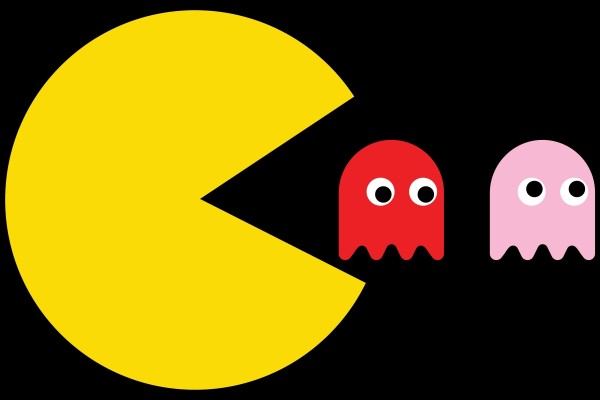How tech companies mercilessly harvest training data for AI
08/04/2024 | The New York Times
A recent report by The New York Times suggests that artificial intelligence companies, including OpenAI, Google, and Meta, have resorted to questionable measures to obtain the vast quantities of data needed to improve their AI technologies.
OpenAI, for instance, created a speech recognition tool called Whisper that transcribed over one million hours of YouTube videos, which were then fed into ChatGPT for its latest version, GPT-4. Google and Meta have also been accused of violating copyright and privacy laws and ignoring corporate policies to procure online data for their AI systems. The article illustrates how online information has become the lifeblood of AI technologies, and the hunt for data has become a desperate race to lead the AI industry before it runs out of high-quality data on the Internet, which could be as soon as 2026.
In a related article in the Financial Times (£), Elon Musk predicts that AI will overtake human intelligence within the next 12 months, provided the supply of hardware and electricity is enough to satisfy demand.
£ - This article requires a subscription.

What is this page?
You are reading a summary article on the Privacy Newsfeed, a free resource for DPOs and other professionals with privacy or data protection responsibilities helping them stay informed of industry news all in one place. The information here is a brief snippet relating to a single piece of original content or several articles about a common topic or thread. The main contributor is listed in the top left-hand corner, just beneath the article title.
The Privacy Newsfeed monitors over 300 global publications, of which more than 6,250 summary articles have been posted to the online archive dating back to the beginning of 2020. A weekly roundup is available by email every Friday.

